This is the English translation of a Turkish language article that was originally published by AVİM on 11 December 2024.
The Conference of Parties (COP) convened for the 29th time between 11-22 November this year, hosted by Baku, the capital of Azerbaijan. This year's meeting was also called the “Finance COP” as countries set their climate finance targets.[1] The COP convenes every year as the highest decision-making body of the United Nations Framework Convention on Climate Change, which entered into force in 1994, currently has 198 countries as parties and Türkiye joined in 2004.[2] Given Baku's history of hosting prestigious international events, including the Eurovision in 2012 and Formula 1 races since 2017, it is not surprising that Baku has also hosted this high-level climate conference, but its selection has caused controversy in some circles. Although the climate change summit cannot be directly linked to the peace process between Azerbaijan and Armenia, it reflects the relations between the two countries.
Two noteworthy developments before and during the conference were the announcements by many world leaders, notably the leaders of many EU member states, that they would not attend and the demonstrations in Tbilisi. According to environmental economist Enzo Di Giulio, the decision to hold the COP29 in Baku has more to do with international relations than climate policy. Azerbaijan is a major producer of both oil and natural gas and can be considered the cradle of the hydrocarbon industry. The fact that the conference was organized in a fossil fuel producing country has led to criticism.[3] At first glance, it may seem that the grounds for these criticisms may have a grain of truth, but when considered together with the fact that a significant portion of the countries where the previous COP meetings were held had hosted the previous COP meetings were fossil fuel producers, it can be said that there are different events and facts behind these criticisms. The most important of these facts are the disputes in the process of the peace agreement expected to be signed between Azerbaijan and Armenia. As is known, EU officials express their support for Armenia at every opportunity. As will be recalled, although EU Commission President Ursula von der Leyen signed a goodwill agreement[4] in 2022 to increase natural gas purchases from Azerbaijan and double the existing capacity, in 2023, the European Parliament demanded sanctions against Baku, claiming that Azerbaijan had committed “ethnic cleansing” against Armenians.[5] Considering the events of the COP29 process in the context of this overall attitude in the past, it is not difficult to reveal that there are some ideological motives and political aims of some groups underlying today's criticisms.
A significant number of prominent European leaders such as President of the European Commission Ursula von der Leyen, President of France Emmanuel Macron and Chancellor of Germany Olaf Scholz did not attend the COP29. President of France Emmanuel Macron adopted a clear political stance and did not attend the COP29, despite the great importance of the climate issue for French diplomacy and his personal image. This is the result of the deterioration in relations due to France's support for Armenia in its territorial disputes with Azerbaijan, which is leading to Baku and Paris accusing each other of mutual interference in internal affairs.[6] In response to Aliyev's characterization of France's Pacific island territories as “colonies”, France's Minister of Ecological Transition, Biodiversity, Forest, Sea and Fishing Agnès Pannier-Runacher announced her decision not to attend the summit, stating that Baku was not worthy of the COP presidency. Considering France's decades-long stance in favour of Armenia against Azerbaijan, this decision is not surprising.[7] Political analyst Jean-Michel Brun argues that the Armenian Diaspora was behind this: “Azerbaijan's relations with the US and France have become increasingly strained due to the presence of influential Armenian diasporas in these two countries. The Armenian National Committee of America (ANCA) and the Coordinating Council of Armenian Organizations of France (CCAF) are actively supporting local politicians, financing their campaigns and exerting pressure through the media. In 2023, ANCA spent 5 million dollars towards pro-Armenian US senators and congressmen. In France, CCAF is known to have close ties with the French elite and President Emmanuel Macron has openly supported Armenia's position. In order to tarnish Azerbaijan's reputation, the organization holds various events financed by major Armenian businessmen.”[8]
Overall, Armenia's failure to participate in the conference, despite Armenia's “good gesture” of making way for Azerbaijan to host the COP29 by withdrawing its own candidacy to host and Azerbaijan's official invitation gesture to Armenia, shows that the tense relationship between Baku and Yerevan continues to ebb and flow. This is also incompatible with Pashinyan's seemingly positive attitude towards the peace process. It can be said that the EU leaders also taking a political stance and not attending the summit is having a negative impact on the peace agreement process that was expected to be signed between Azerbaijan and Armenia. Although the leaders are expected to show temperance and support peace in this process, it is seen that they cannot adopt this attitude in order not to lose the support they receive from the lobbies in the diaspora to fulfil their domestic political agendas.
© 2009-2025 Center for Eurasian Studies (AVİM) All Rights Reserved

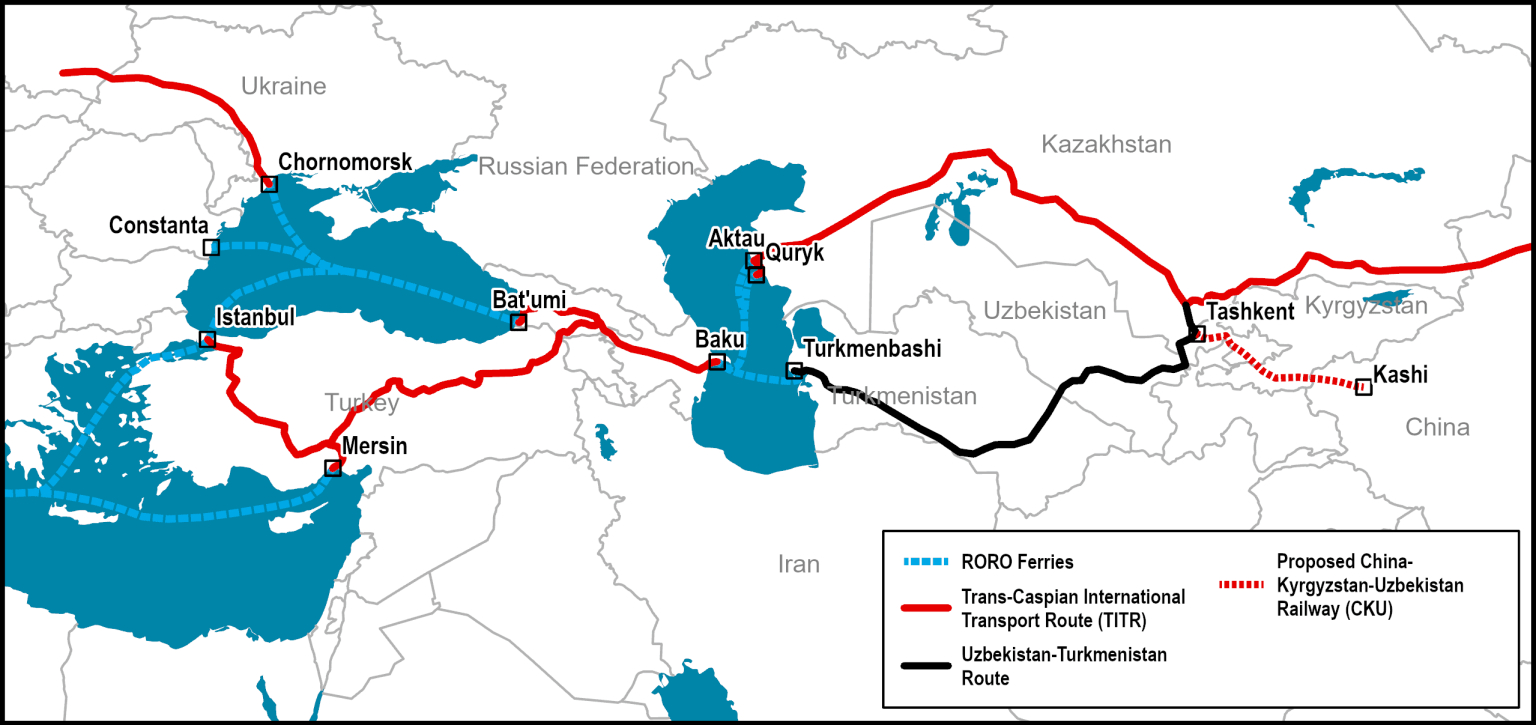 THE DEVELOPING TRANSIT ROUTES IN THE MIDDLE CORRIDOR
THE DEVELOPING TRANSIT ROUTES IN THE MIDDLE CORRIDOR
 COP29 EVALUATION IN THE CONTEXT OF AZERBAIJAN - ARMENIA RELATIONS
COP29 EVALUATION IN THE CONTEXT OF AZERBAIJAN - ARMENIA RELATIONS
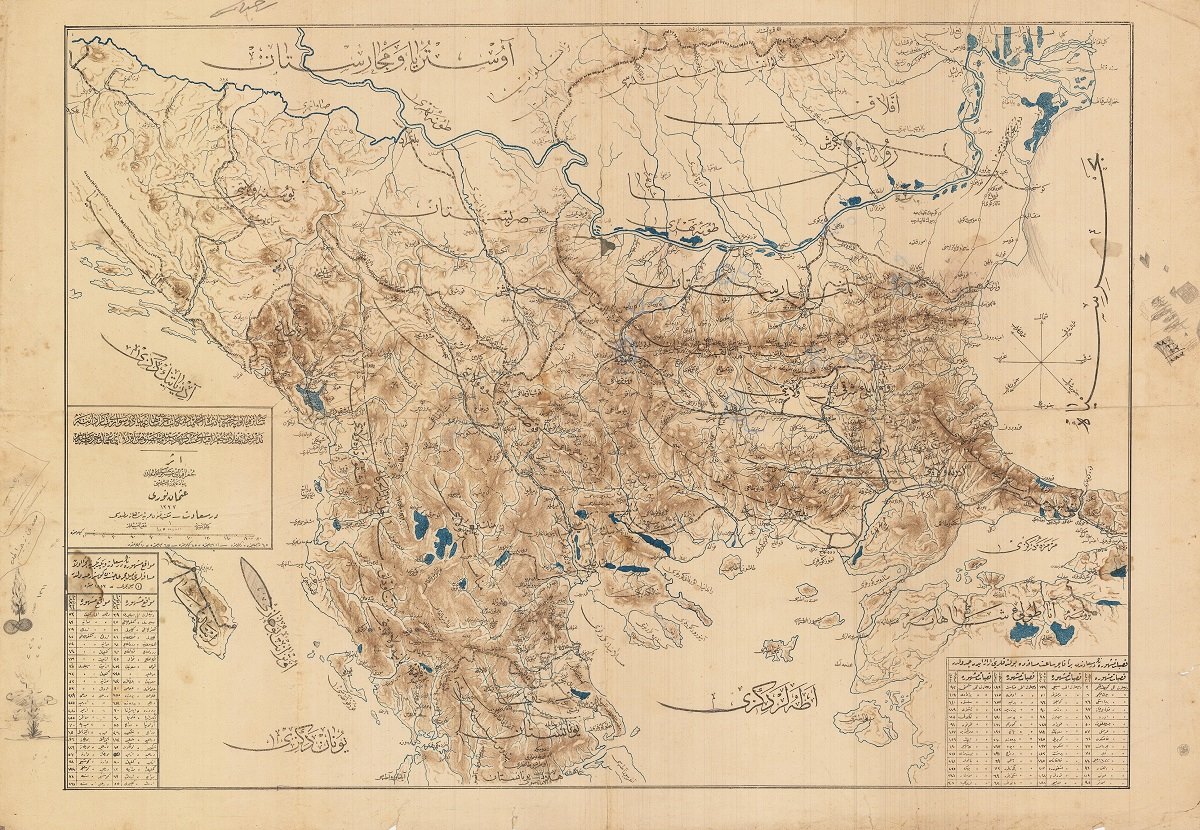 A POLITICAL DISCRIMINATION: THE “WESTERN BALKANS” DISCOURSE AND THE QUESTIONING OF BALKAN IDENTITY
A POLITICAL DISCRIMINATION: THE “WESTERN BALKANS” DISCOURSE AND THE QUESTIONING OF BALKAN IDENTITY
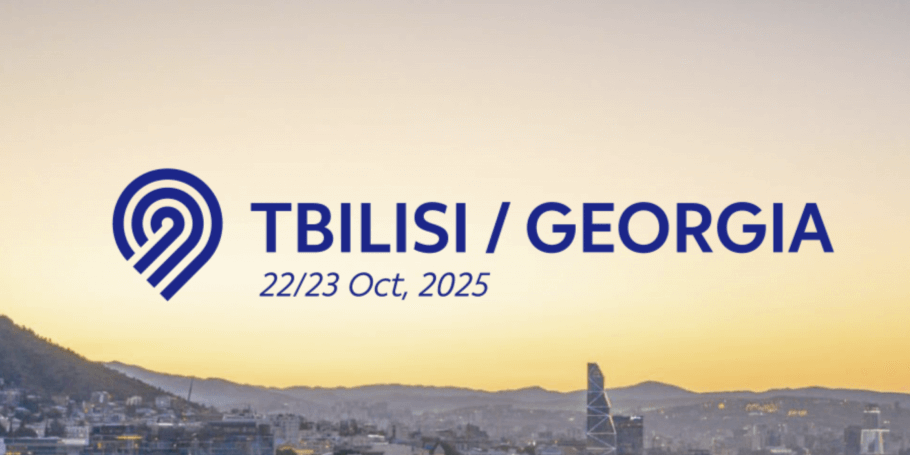 THE 5TH TBILISI SILK ROAD FORUM
THE 5TH TBILISI SILK ROAD FORUM
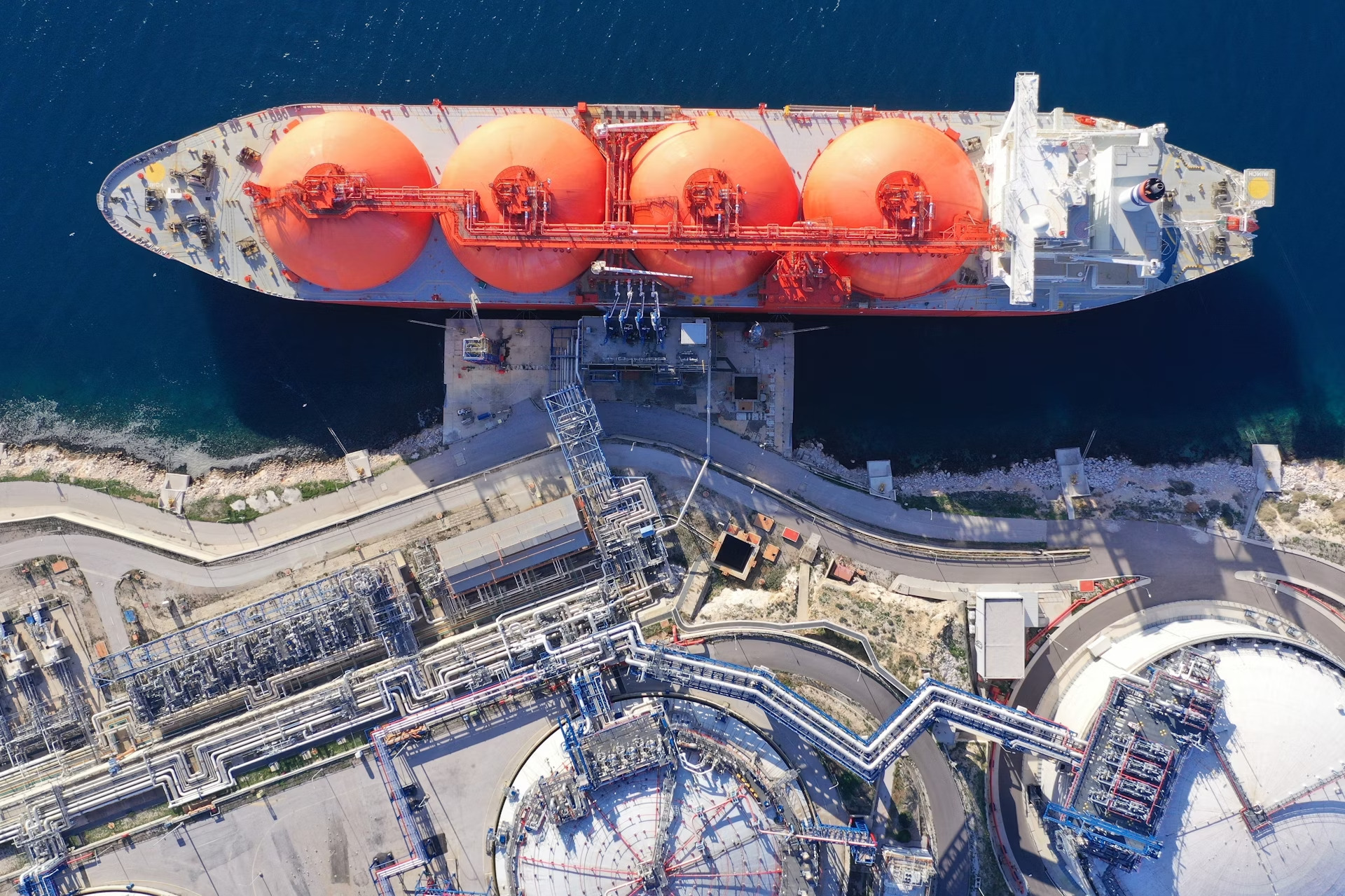 IS THE RISE IN GLOBAL LNG SUPPLY AN OPPORTUNITY FOR TÜRKİYE?
IS THE RISE IN GLOBAL LNG SUPPLY AN OPPORTUNITY FOR TÜRKİYE?
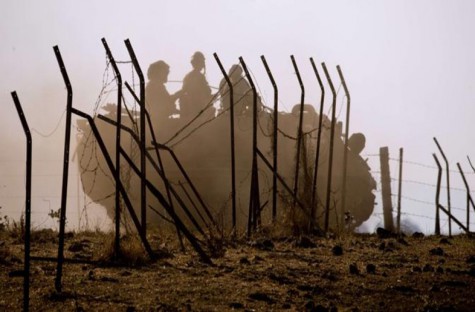 ISRAEL BOMBS SYRIAN POSTS OVER GOLAN ATTACK ON ITS TROOPS
ISRAEL BOMBS SYRIAN POSTS OVER GOLAN ATTACK ON ITS TROOPS
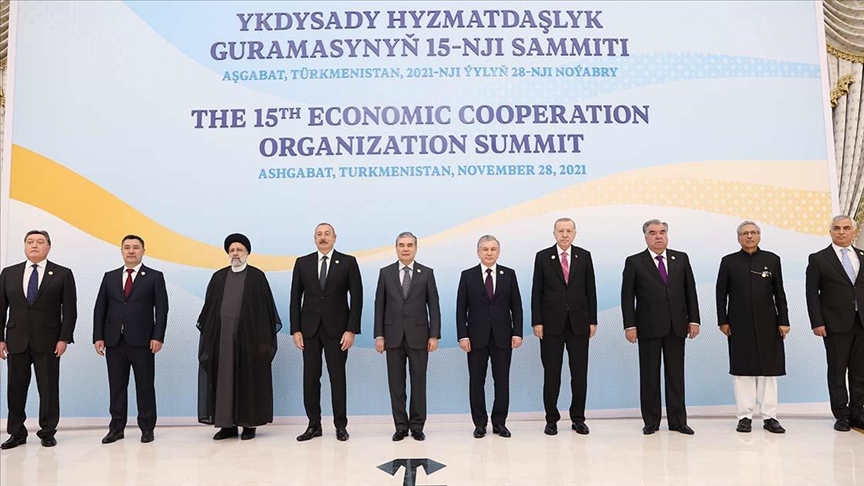 15TH SUMMIT OF LEADERS OF THE ECONOMIC COOPERATION ORGANIZATION
15TH SUMMIT OF LEADERS OF THE ECONOMIC COOPERATION ORGANIZATION
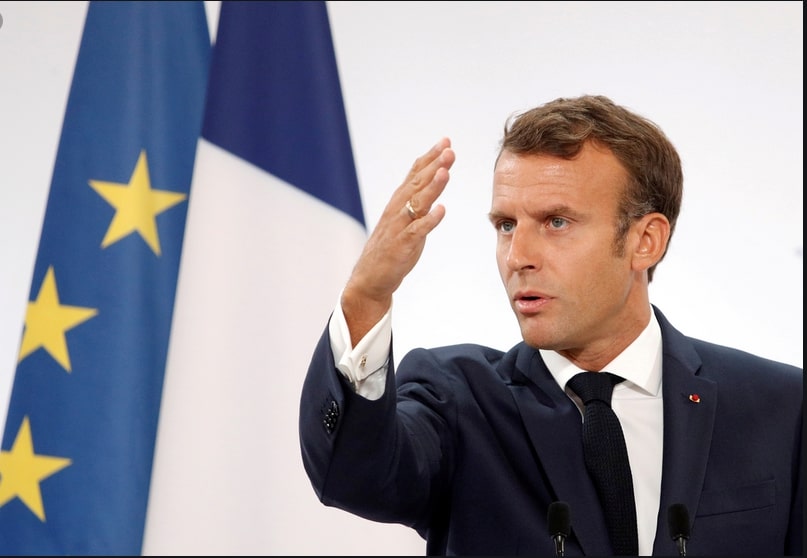 EMMANUEL MACRON CONTINUES WITH DISPARAGING COMMENTS
EMMANUEL MACRON CONTINUES WITH DISPARAGING COMMENTS
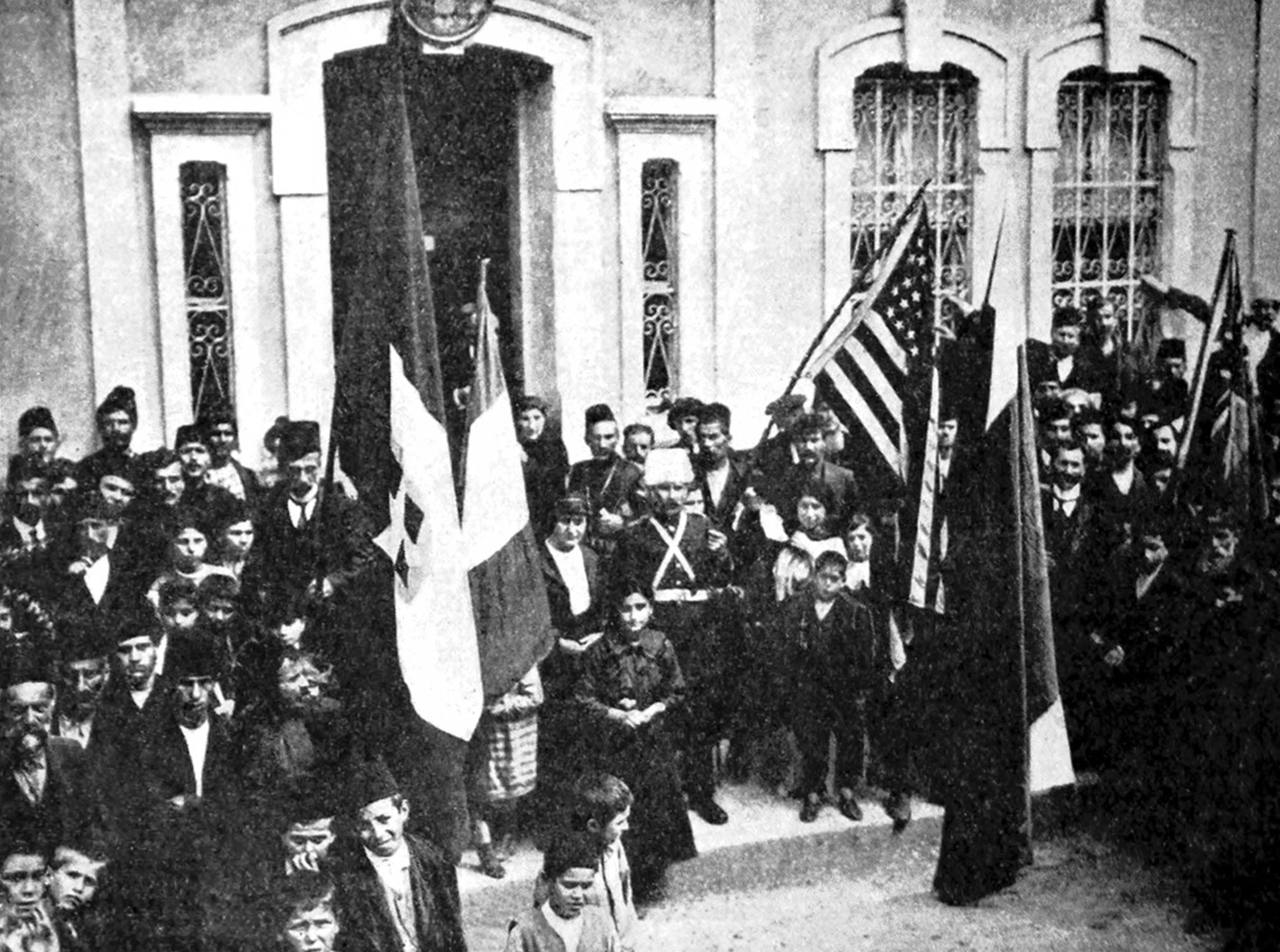 19 MAY AND PONTUS STORIES
19 MAY AND PONTUS STORIES




























